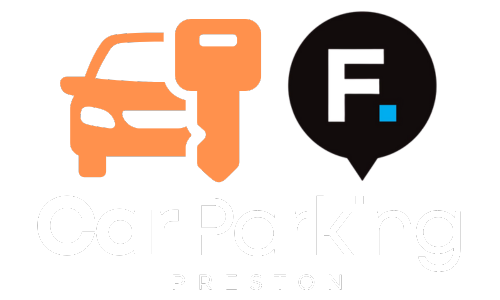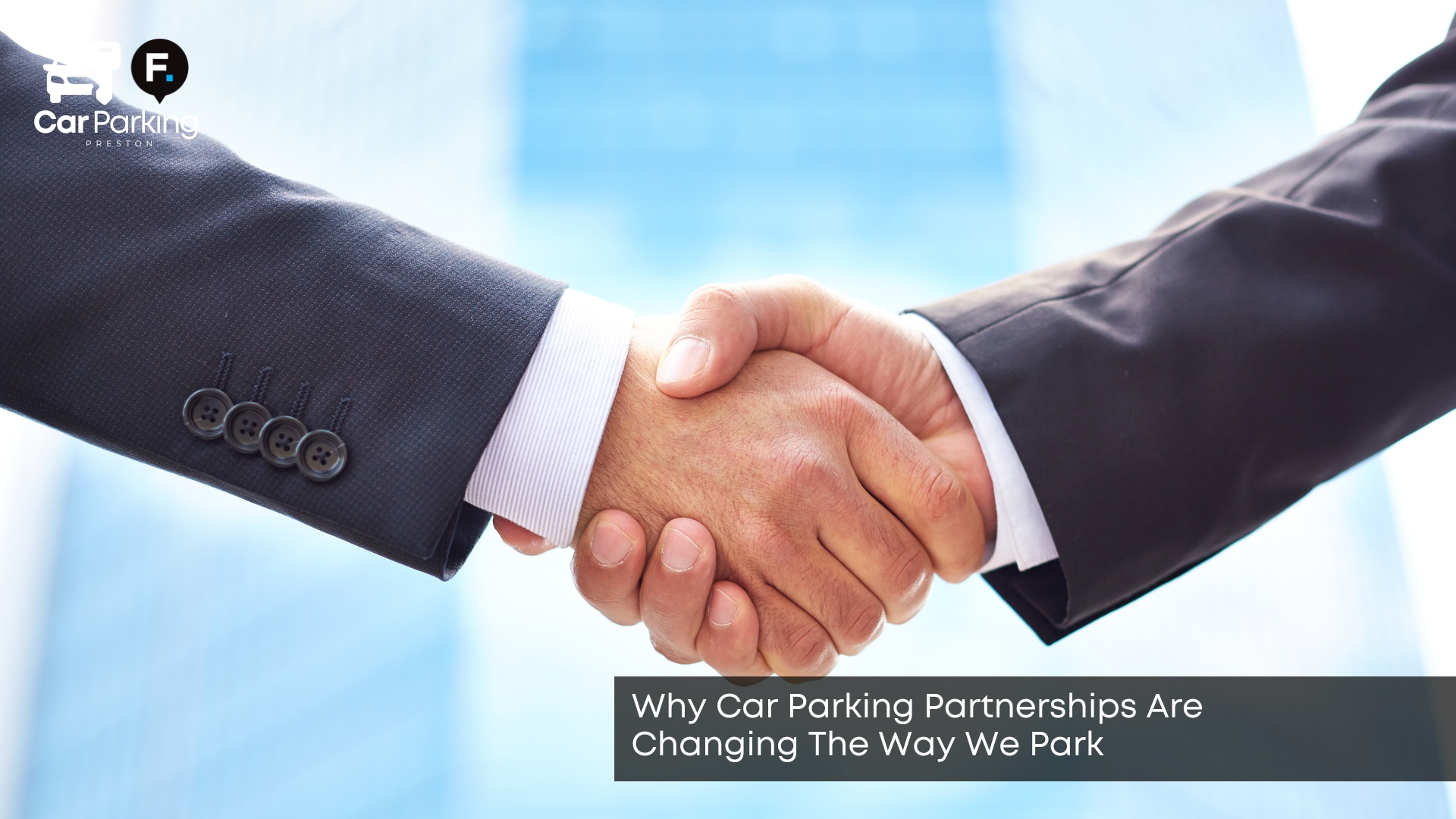Car parking is evolving fast, and partnerships between companies, councils, and tech providers are leading the way. These collaborations are addressing long-standing issues such as limited space, high costs, and user frustration. Instead of each organisation handling parking alone, they’re working together to offer smarter, easier options. This change is reshaping our perspective on public and private parking. Let’s examine what these car parking partnerships are and how they’re making a tangible difference.
What Are Car Parking Partnerships?
Car parking partnerships are agreements between two or more organisations to share, manage, or improve parking spaces and services. This could involve councils working with private operators, businesses teaming up with car park owners, or app developers integrating with landlords. The goal is to utilise space more efficiently and enhance the driver experience. Understanding how these partnerships are formed helps us see why they’re becoming more common.
How Do Parking Partnerships Work in the UK?
In the UK, parking partnerships often involve local councils partnering with private firms to manage enforcement, maintenance, or ticketing. Others include retailers offering shared use of their car parks through apps during off-peak hours. Some train stations are now linked with car-sharing providers to make better use of unused parking bays. These partnerships are built on clear contracts and shared data. Once in place, they aim to deliver more flexibility for drivers across locations.
Are These Partnerships Making Parking Easier for Drivers?
Yes, these partnerships are making parking easier by creating more accessible, well-maintained spaces and smoother payment options. Drivers benefit from better signage, real-time space tracking, and extended hours. Many partnerships also offer lower fees or combined services, such as shopping discounts when you park nearby. These small upgrades often go unnoticed until they’re missing, which highlights just how helpful they are. It’s these everyday gains that make the concept so appealing to motorists.
Can Shared Parking Agreements Solve Urban Space Shortages?
Shared parking agreements can solve urban space shortages by allowing multiple users to access the same space at different times. Offices may rent out unused bays in the evening, or supermarkets might open part of their lot to commuters in the morning. These time-based systems make better use of land that would otherwise sit empty. As more cities struggle with space, shared agreements could offer a practical solution for accommodating growing populations.
How Are Businesses Benefiting from Parking Collaborations?
Businesses benefit from parking partnerships by attracting more visitors, enhancing customer satisfaction, and generating revenue from underutilised space. Retail parks that offer free parking in conjunction with nearby events can increase foot traffic. Offices that rent spaces during off-hours can gain extra income without requiring additional effort. These partnerships also allow businesses to focus on core operations while letting drivers benefit from offers like how to save with a free car park near you. With such clear advantages, it’s easy to see why many are getting involved.
Do Parking Apps and Tech Companies Play a Role in These Deals?
Yes, parking apps and tech companies play a key role in connecting drivers with available spaces and managing usage data. Platforms like JustPark, RingGo, and YourParkingSpace make it easier to list, book, and pay for spaces. They also collect data that helps partners optimise pricing and predict demand. This technical layer enables many partnerships to run smoothly without requiring manual effort. As technology continues to improve, we can expect to see even greater integration and automation.
Are There Any Drawbacks or Risks to Parking Partnerships?
There are some drawbacks to consider, such as unclear responsibility during disputes or data privacy concerns with shared systems. Conflicts may arise if partners disagree on pricing or the allocation of space. Drivers could also be confused if different rules apply across connected locations. However, most of these issues can be avoided through proper planning and communication, something that’s especially helpful when arranging long stay parking in Preston for trips or business. Addressing these concerns early helps ensure that partnerships remain beneficial and long-lasting.
How Could These Partnerships Shape the Future of Parking?
These partnerships could shape the future of parking by making it more dynamic, efficient, and sustainable. They encourage the flexible use of land, promote greener options such as car sharing, and integrate with wider transport planning. We may soon see more pop-up parking zones or real-time reservation systems linked to public transport. With growing interest from businesses and councils alike, these developments are only just beginning. It’s all part of improving the parking options around Preston city centre for drivers and landowners alike.
What Can Drivers Expect Next from Evolving Parking Solutions?
Drivers can expect more personalised, connected, and affordable parking options as partnerships expand. From discounts based on shopping habits to instant alerts for nearby spaces, the experience will become smoother and smarter. More collaboration will result in fewer empty bays and less time spent circling for a spot. With so much potential on offer, parking partnerships are set to become a normal part of everyday travel.


Leave a Reply